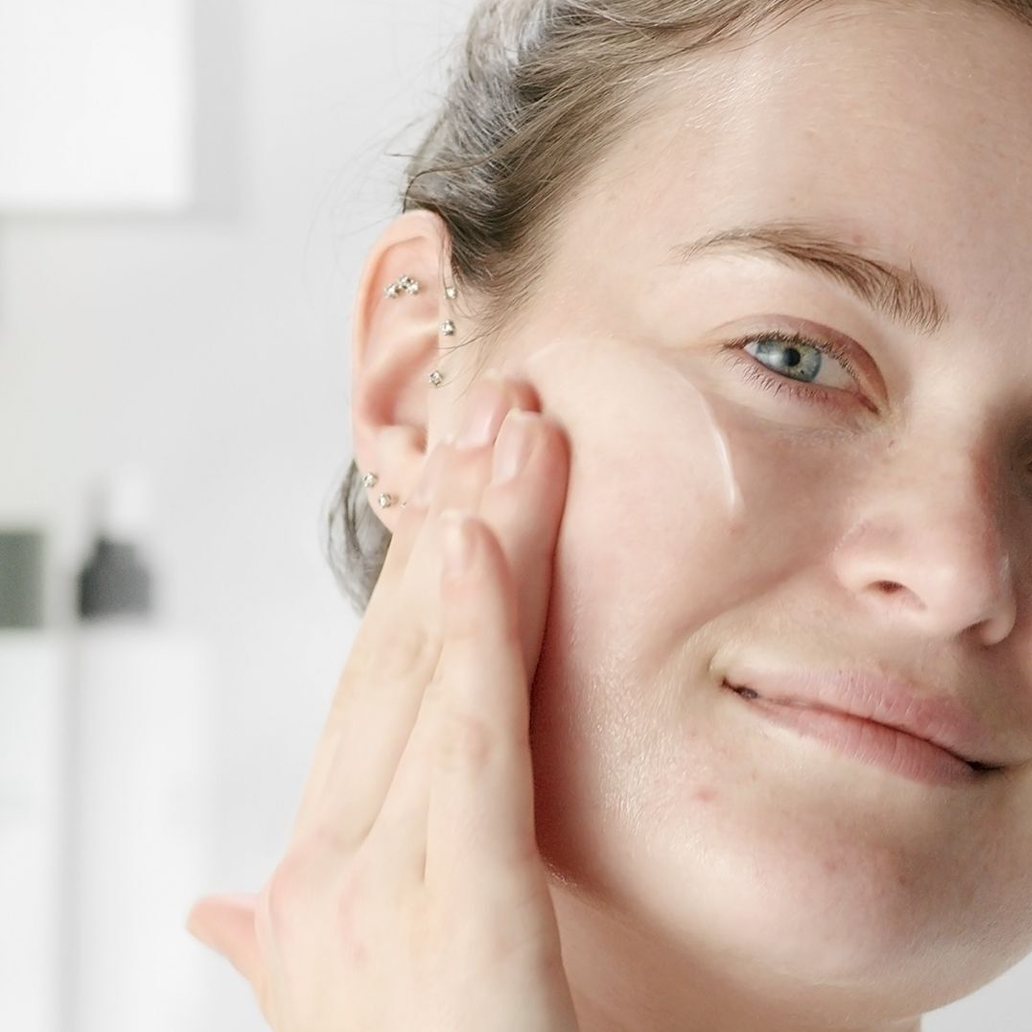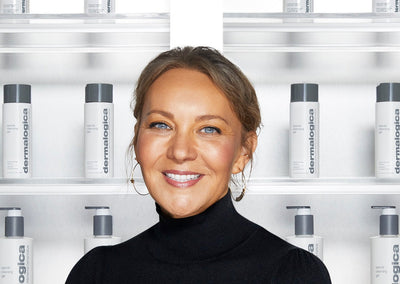5 min read
Collagen 101: here’s everything you need to know
10/13/2023 / Last Edited 05/30/2025
First, a bit of bad news: by the time we’re in our twenties, our skin is already losing collagen (i.e., the fundamental protein that gives our skin its strength and elasticity). As we age, the production and quality of collagen in our skin decreases, leading to visible signs of aging.
But there’s good news: there’s plenty you can do to help protect, promote, and preserve the collagen your skin has now! Read on to learn what collagen is, why it’s so important to skin health, why we lose it as we age – and how you can help preserve yours.
what is collagen?
Collagen isn’t just a buzzword: it’s the most abundant protein in our bodies, accounting for a significant portion of our skin, hair, nails, bones, and connective tissues. You can think of it as the scaffolding that holds everything together. It gives the skin its strength and structural support – maintaining its elasticity and firmness for a youthful, supple appearance.
the different types of collagen
There are over 28 types of collagen in the human body – but the majority of collagen in the skin (80-85%) is Type I collagen, which is responsible for skin's overall structure. Skin also contains Type III collagen (10-15%) for support and flexibility.
why do we need collagen?
Collagen is the key to maintaining youthful-looking skin. It provides the framework that keeps our skin taut, wrinkle-free, and resilient. Collagen also aids in wound healing and tissue repair, as it forms a ‘scaffold’ for the growth of new tissue. Essentially, collagen is the foundation for glowing, healthy-looking skin.
what is collagen degradation?
Collagen naturally degrades as we age, declining at a rate of 1% per year after the age of 30. As this happens, skin’s structure becomes less organized – resulting in signs like fine lines, wrinkles, and sagging skin. Various factors contribute to this process:
- Age: fibroblast (a type of skin cell) activity naturally declines as we age. Because fibroblasts produce collagen, a decline in collagen production is inevitable.
- Excessive UV exposure: UV rays further accelerate collagen breakdown.
- Environmental pollution: air pollutants and particulate matter can also degrade collagen.
- Chronic stress: long-term stress triggers the release of hormones like cortisol, which can negatively impact collagen.
what can I do to preserve the collagen I have?
Research has shown that collagen molecules are too large to penetrate the skin’s surface. Pro-Collagen Banking Serum works differently. No collagen serums have claimed to preserve the collagen you have (until now). Pro-Collagen Banking Serum helps promote, protect, and preserve skin’s collagen today, so you have more for tomorrow – supporting plumper, more luminous skin and hydrating to help reduce the look of fine lines into the future.
pro-collagen banking serum
This serum is formulated with a potent Pro-Collagen Preservation Complex that works to deliver an innovative blend of Collagen Amino Acids, Carnosine Dipeptide, and antioxidants to help save collagen by defending against collagen-degrading free radicals. Soothing Jojoba Ester and Polyglutamic Acid work to nourish the skin’s moisture barrier to visibly plump for a firmer appearance. Wild Indigo Extract and Arginine PCA help to restore skin’s radiance while Pink Carnation Flower Extract helps improve skin’s softness and overall resilience.





